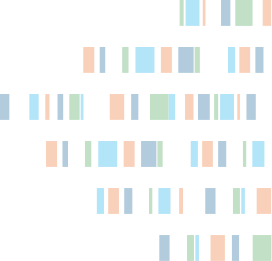Abstract Understanding how historical and contemporary processes lead to genetic differentiation among populations is a fundamental goal of evolutionary and conservation biology. This study focuses on Galaxias maculatus, a widely distributed fish exhibiting diadromous and freshwater resident forms. We examine the genetic differentiation among resident populations from the Manso River System, a trans-Andean system which thus went through drainage reversal following the Last Glacial Maximum (LGM), and resident and diadromous populations from the connected Puelo River that drains into the Pacific Ocean. Single nucleotide polymorphic (SNP) markers revealed that resident populations from the Manso River System are genetically distinguishable from the diadromous and resident populations from the Puelo River. This suggests that G. maculatus from the Manso River System likely colonized the area from a glacial refugium east of the Andes and did not expand downstream during drainage reversal, whereas the populations from the Puelo River colonized the area from glacial refugia west of the Andes. The populations from the Manso River exhibited lower genetic diversity than the Puelo River populations. Galaxias maculatus resident populations in Patagonia are decreasing due to anthropogenic factors. The Manso River System resident populations are susceptible to these factors and may show further decreases in genetic diversity.

Home » Drainage reversal with no lineage expansion, a case of competitive exclusion? The genetics of Galaxias maculatus in two connected trans-Andean systems
Publications
Drainage reversal with no lineage expansion, a case of competitive exclusion? The genetics of Galaxias maculatus in two connected trans-Andean systems
myBaits
Daicel Arbor Biosciences
5840 Interface Dr. Suite 101,
Ann Arbor, MI 48103
1.734.998.0751Ann Arbor, MI 48103
©2025 Biodiscovery LLC
(d/b/a Daicel Arbor Biosciences)
All Rights Reserved.
(d/b/a Daicel Arbor Biosciences)
All Rights Reserved.

 Bluesky
Bluesky